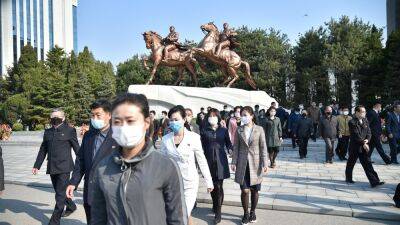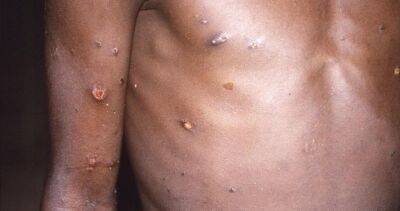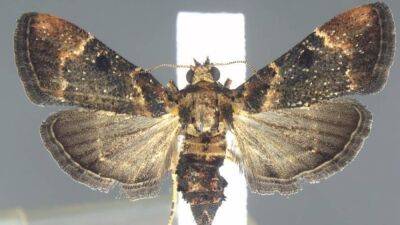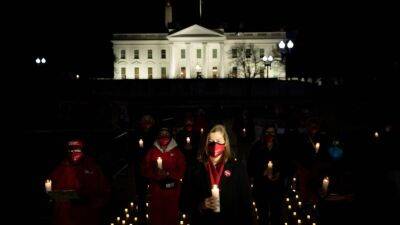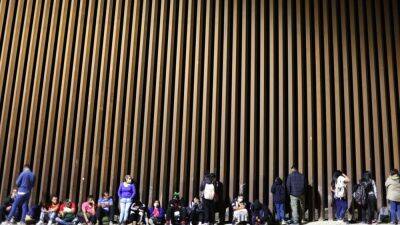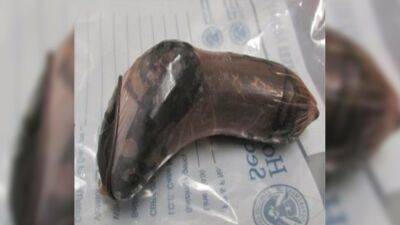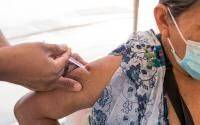'Do you want us to pull the plug?' PTSD in families of COVID ICU patients
Two thirds of family members restricted from visiting their loved ones admitted to an intensive care unit (ICU) for COVID-19 had significant symptoms of posttraumatic stress disorder (PTSD) 3 months later, with the greatest severity in those of Hispanic ethnicity, female sex, and previous use of a psychiatric drug, according to a study published yesterday in JAMA Internal Medicine.A team led by University of Colorado researchers administered the Impact of Events Scale 6 (IES-6) questionnaire, the Hospital Anxiety and Depression Scale (HADS), and the Family Satisfaction in the ICU-27 (FS-ICU27) to 330 family members.
The interviews took place 3 or 4 months after their loved ones were admitted to an ICU for COVID-19 from Feb 1 to Jul 30, 2020, at 1 of 12 hospitals in Colorado, Louisiana, Massachusetts, New York, and Washington.Early in the pandemic, amid a shortage of personal protective equipment, hospitals eliminated patient visits in an effort to prevent viral transmission, and they still limit visitation to varying degrees today, the researchers noted.Average participant age was 51.2 years, 69.1% were women, 52.8% were White, 29.8% were Hispanic, 25.0% were Black, 13.7% were of another race, and 8.5% were Asian or Pacific Islander, Native American, or Native Indian.
Most participants were the patient's child (40.6%) or partner (25.5%).Significant anxiety, depressionThree months after their family member was admitted to an ICU, 64% of participants reported PTSD symptoms such as depression and anxiety, up from 30% before the pandemic.
Average number of days from patient ICU admission to participant contact was 122.6, and 41.3% of patients died in the hospital.One participant described a highly distressful situation to a
Read more on cidrap.umn.edu
